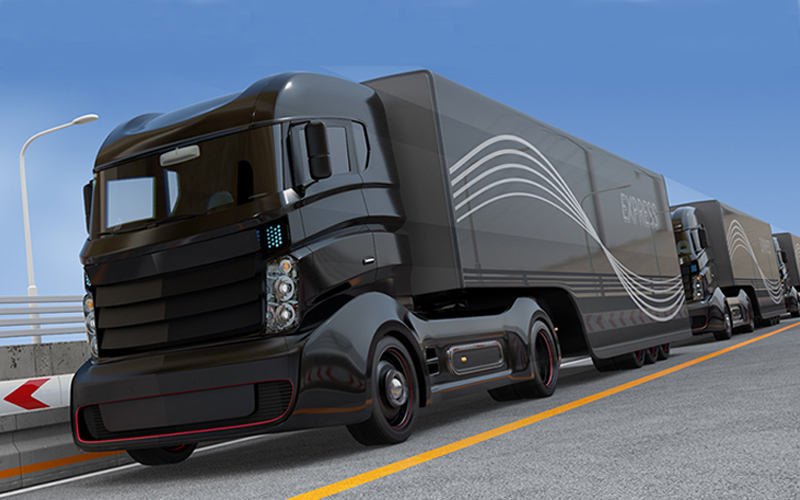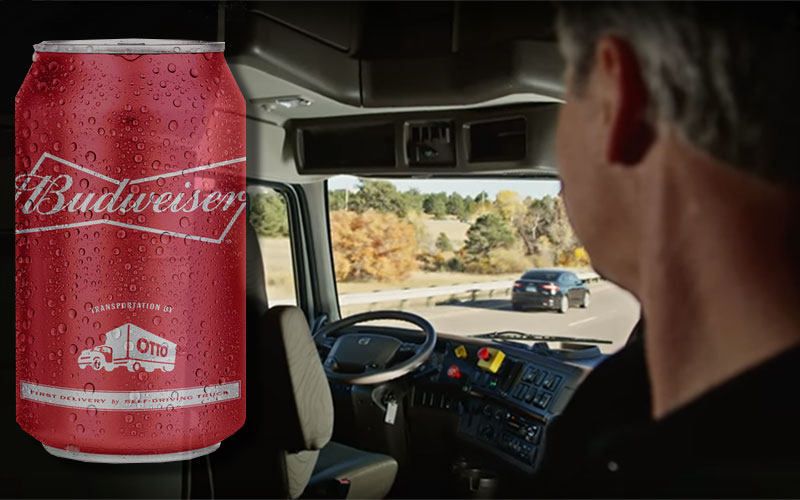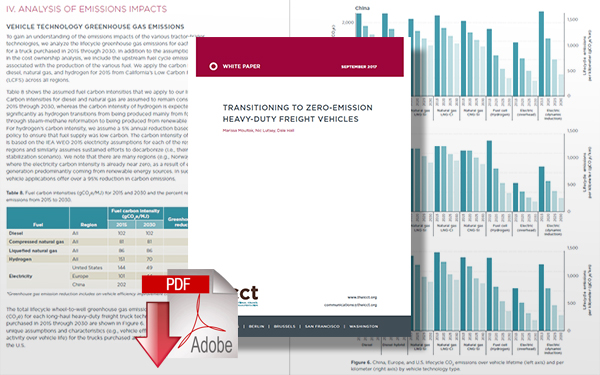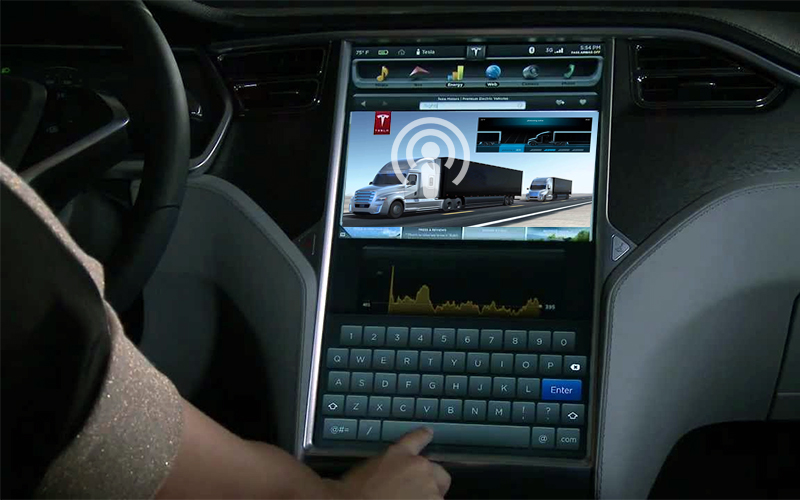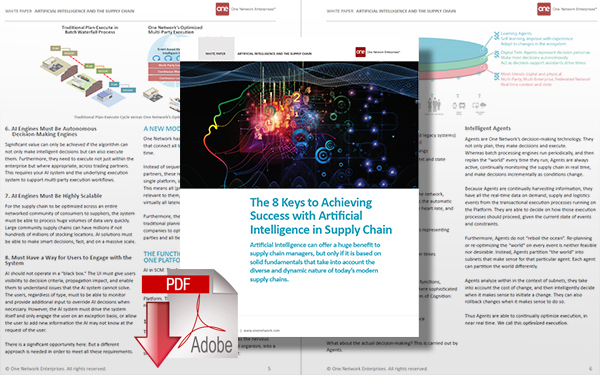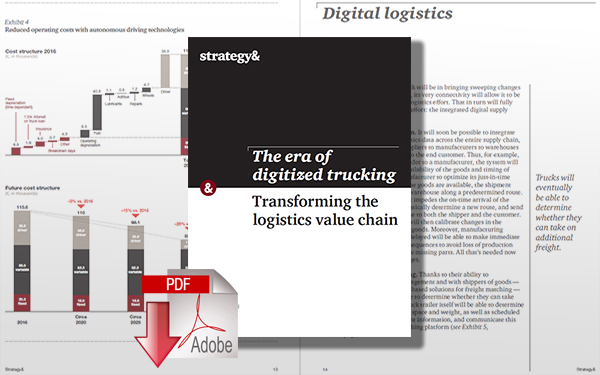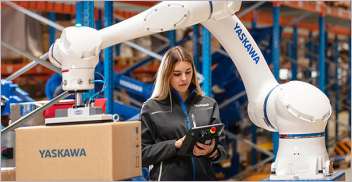The vision of an electric, autonomous future was catapulted back into the spotlight recently when Tesla CEO Elon Musk unveiled his latest innovation and first foray into the commercial vehicle market.
Though not fully autonomous, the Tesla Semi is an electric, semi-autonomous truck that Musk says will be able to travel 500 miles fully loaded on a single charge.
Tesla isn’t the only company developing electric trucks, but the moment has certainly re-charged industry hype.
Everyone’s talking about it - especially those of us in the logistics industry.
So, just how close are we to an autonomous freight transport future?
But the conversation isn’t new.
Earlier this year, the International Transport Forum (ITF) published a report that looks at how a transition to driverless road freight transport could happen.
The study makes recommendations to help governments manage potential disruption and ensure a just transition for affected drivers.
The main takeaway: Although automated road freight will save costs, reduce emissions, and make roads safer, the impact on driver jobs requires a managed transition. In short: we need to be thinking about an autonomous future now.
We Can’t Ignore the Future
We may still be a long way away from artificial intelligence (AI) behind the wheels of the world’s semis, but companies managing large vehicle fleets ignore the technological advances at their own peril. Logistics industry players certainly need to prepare for a future more reliant upon autonomous vehicles. Failure to plan for this eventual inevitability will be a costly mistake.
That’s because the future has already begun. Did you read about the 120-mile driverless “beer run” that Anheuser-Busch pulled off in 2016? The venture down Colorado’s Interstate 25 between Fort Collins and Colorado Springs broke the record for the longest continuous journey by a driverless semi-truck.
Despite the historic feat, Lior Ron, co-founder of Otto, the company developing the self-driving truck technology that powered the ride, believes that for the foreseeable future AI will merely act “co-pilots.”
We are about to start testing several autonomous delivery vehicles in 2018, including our own DHL StreetScooter – thanks to our cooperation with AI computing company NVIDIA and ZF, one of the world’s largest automotive suppliers.
And while most are still talking about Tesla’s splashy announcement, we’re taking action. Our DHL Supply division has just placed an order for ten Tesla Electric Class 8 Semi Trucks, making it one of the first third-party logistics (3PL) companies to do so. We’ll begin testing them in the U.S. once available in 2019.
A Much-Needed Co-Pilot
Both companies and drivers will benefit from the technology. For starters, we think the ITF is spot on: autonomous trucks will be much more energy efficient, which will reduce costs and carbon footprints. That’s extremely important to us and our mission to achieve zero emissions by 2050.
For drivers, who work long hours and need to be on the ball all the time, self-driving technologies will become a welcome companion in their cabs. As it is, there is already quite a labor shortage in markets such as the U.S. and the U.K. According to the commercial truck fleet news site truckinginfo.com, in 2016 the industry was short around 50,000 drivers in the U.S. alone. They estimated the need for another 100,000 in 2017 on account of an aging workforce.
Related White Paper
Transitioning To Zero-Emission Heavy-Duty Freight Vehicles
The International Council on Clean Transportation report assesses zero-emission heavy-duty vehicle technology to support decarbonization of the freight sector; it compares the evolution of diesel, natural gas, fuel cell, and electric battery technologies.
Autopilot on the Ground
That’s why I see drivers benefiting the most. Autonomous technology will make their jobs easier and safer, which may keep many on the job longer. The autopilot will take over things like acceleration, braking, lane-centering, and adaptive cruise control and react instantly to certain traffic situations. Truckers will, of course, have to monitor all of this and remain alert – something I don’t see changing anytime in the foreseeable future.
Consider airplane pilots. Though many people imagine pilots leaning back and reading the paper for most of the flight, that couldn’t be further from the truth. Most airlines may use automation for much of their flights, but planes couldn’t fly without the skill and expertise of the crew.
For example, pilots must feed the computer with routing information and then constantly monitor and manage the system throughout the entire flight. The technology merely assists the human crew, it does not replace them.
A Platoon Prediction
Well before we witness driverless trucks cannonballing across America’s Midwestern plains, I predict we’re going to see truck convoys “platooning” through the interstate highway system at an unprecedented level of safety and efficiency. Platooning involves a convoy of multiple trucks that use sensors, radar, and vehicle-to-vehicle communications to basically operate as a single unit.
By following closely behind a lead truck, the “truck train” takes advantage of drafting, which reduces fuel consumption. The technology has the potential to enable a single driver to comfortably command an entire platoon of trucks.
We’re currently putting platooning to the test in real-world DHL logistics scenarios in the UK. Led by TRL, an independent transport consulting firm, this British government-funded research project will see a lead driver controlling acceleration and braking for all vehicles, while drivers present in all following vehicles retain steering control and are ready to take full control if required.
These trials will give us important insights to help better assess the long-term effects of platooning technology on road safety, the environment, traffic congestion, and the economy.
Given both the technological and regulatory challenges, at this stage, we think a fully autonomous future is likely further away than some think. But that shouldn’t stop us – and governments around the world – from heeding the ITF’s advice and looking far into the future.
That way we’ll not only be prepared to manage the transition and avoid potential disruption, we’ll also reap the many rewards of an autonomous future with driverless trucks. Artificial intelligence may never supplant human intelligence in the cabs of our industry, but it will help improve driver performance – and if leveraged properly, it has the potential to make their jobs easier and safer.
 About the Author
About the Author
Bill Meahl - As Chief Commercial Officer for DHL, Bill Meahl is responsible for coordinating the cross DHL commercial activities of the DHL divisions EXPRESS, GLOBAL FORWARDING/FREIGHT, SUPPLY CHAIN and GLOBAL MAIL.
Before taking on the COO role at the SUPPLY CHAIN division in 2008, Bill was CEO of DHL Exel Supply Chain Americas.
Related: Industry Experts Discuss Technology Trends & Solutions for Efficient Ecommerce Logistics
Related White Papers
Achieving Success with Artificial Intelligence in Supply Chain
This white paper looks at the fundamentals that supply chains need in place in order to achieve real results from Artificial Intelligence implementations. Download Now!
The Era of Digitized Trucking
The promise of connected trucks combined with the digital supply chain is huge, but so are the risks for those players that don’t move now to begin building the capabilities and business models needed to win in this new world. Download Now!
Article topics
Email Sign Up




